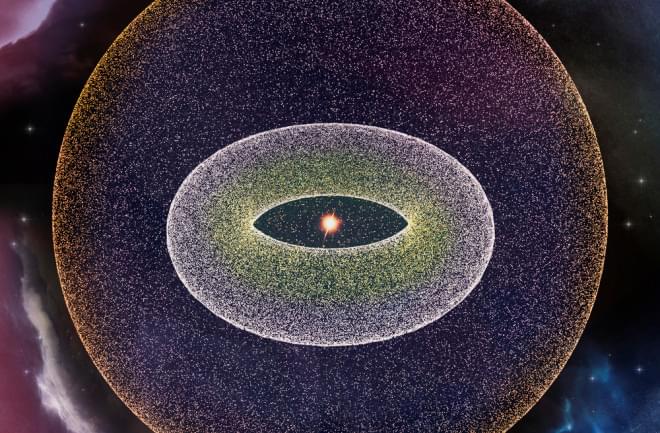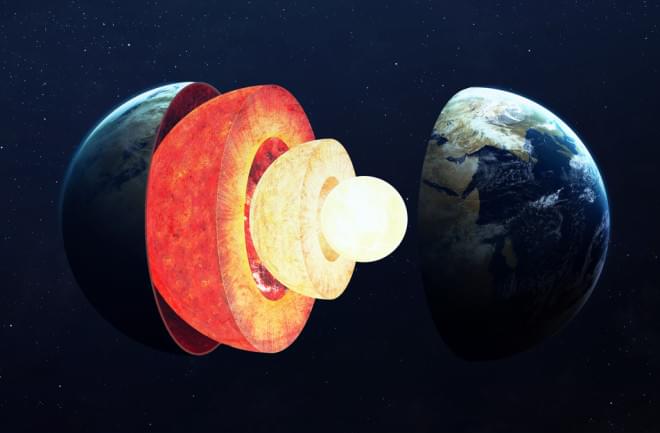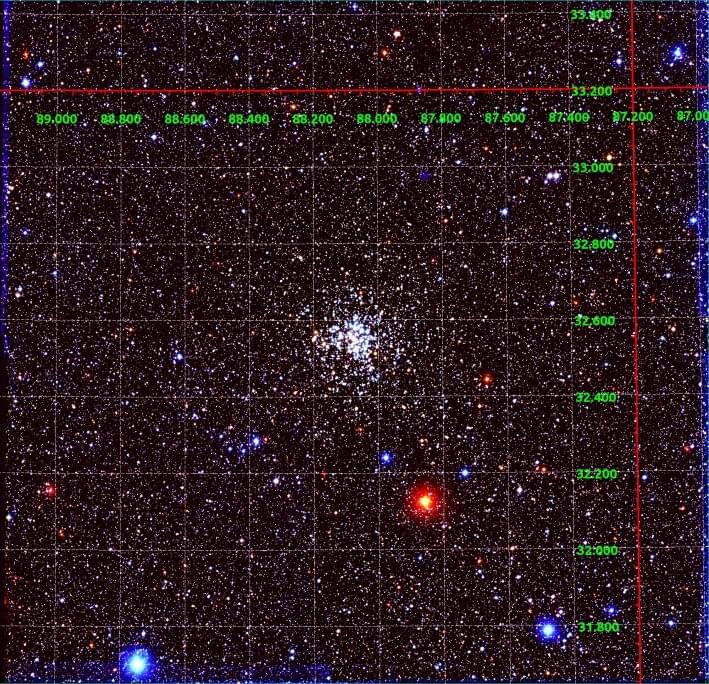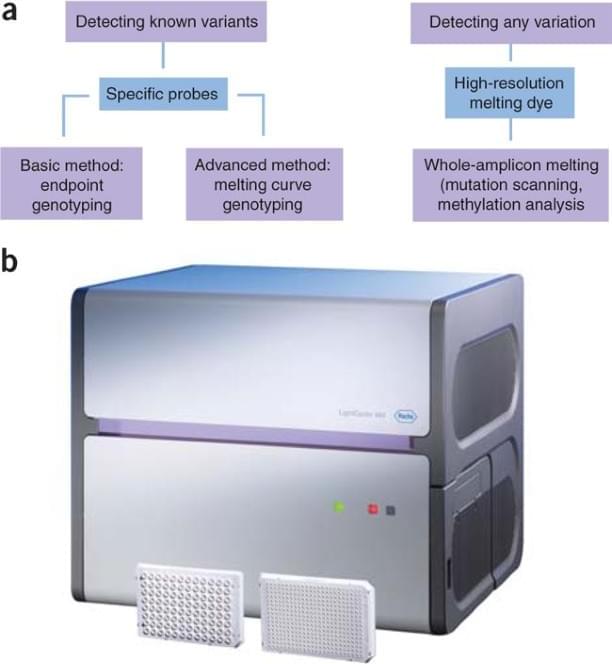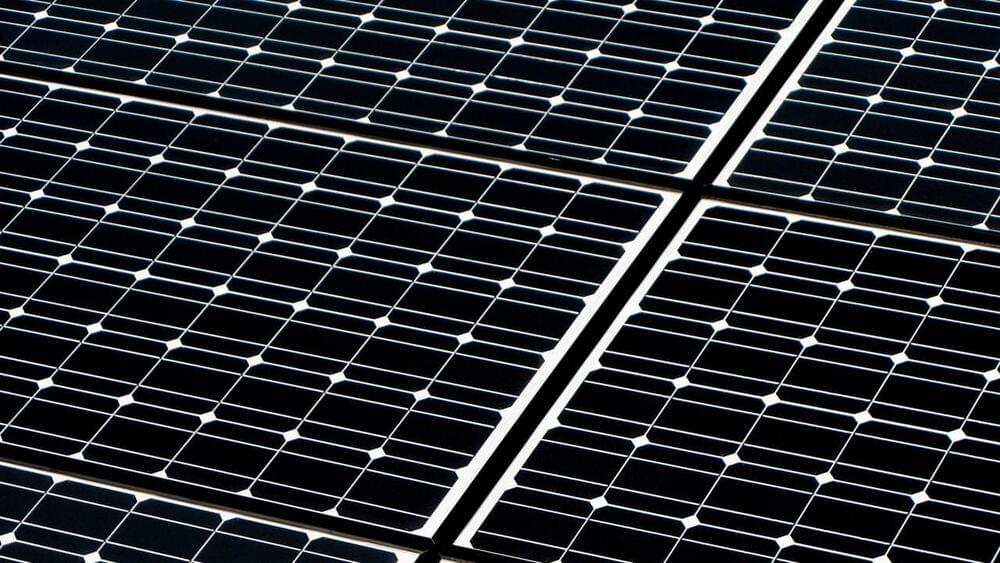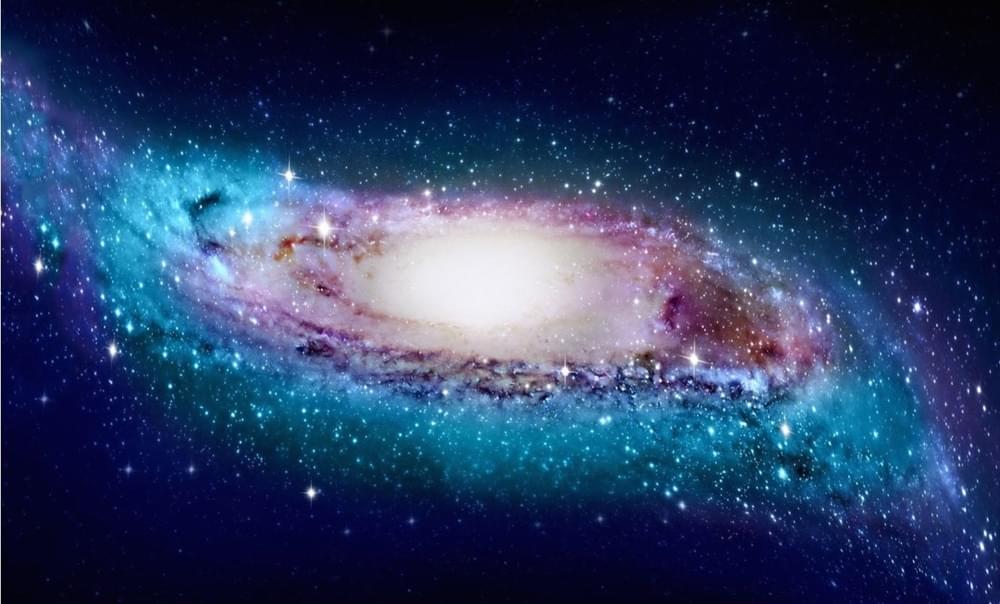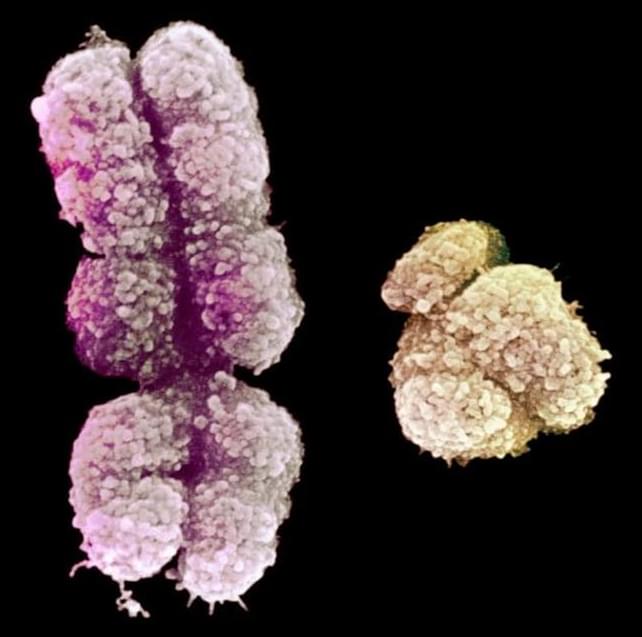The entirely theoretical cloud of icy space debris marks the frontiers of our solar system.
The Oort cloud represents the very edges of our solar system. The thinly dispersed collection of icy material starts roughly 200 times farther away from the sun than Pluto and stretches halfway to our sun’s nearest starry neighbor, Alpha Centauri. We know so little about it that its very existence is theoretical — the material that makes up this cloud has never been glimpsed by even our most powerful telescopes, except when some of it breaks free.
“For the foreseeable future, the bodies in the Oort cloud are too far away to be directly imaged,” says a spokesperson from NASA. “They are small, faint, and moving slowly.”
Aside from theoretical models, most of what we know about this mysterious area is told from the visitors that sometimes swing our way every 200 years or more — long period comets. “[The comets] have very important information about the origin of the solar system,” says Jorge Correa Otto, a planetary scientist the Argentina National Scientific and Technical Research Council (CONICET).
